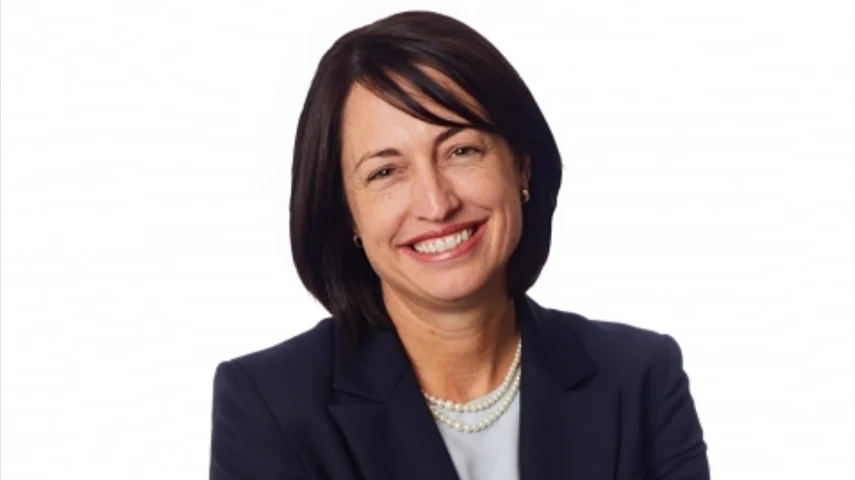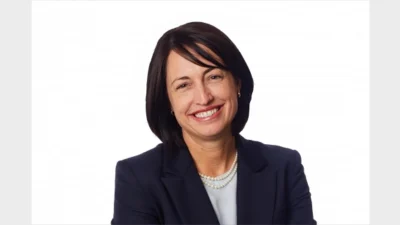HESTA reaches 10% internalisation



HESTA has progressed its move to internalisation with 10 per cent of the fund managed internally across Australian equities, cash, and Australian fixed income.
The Australian equities team is seven people and has been in place since December 2021, led by Alison Gibson, while the Australian fixed income and cash team is five people and was seeded in June 2023.
The $74 billion fund is now targeting 15 per cent of the fund to be managed internally.
Speaking to Super Review, Sonya Sawtell-Rickson, chief investment officer, said the attraction of internal management is the fee savings, access to investment opportunities, and ability to move the portfolio in a more agile manner.
“We want to add resources to the team such as credit analysts and in the Australian equities team we want to add responsible investment capabilities,” Sawtell-Rickson said.
“We also want to expand our Australian equities internal management to our Sustainable Growth option over the next 18 months.”
Regarding retention of the team, which has been highlighted as a downside of internalisation, she said managers were attracted by HESTA’s climate focus.
“Retention is a key element and I think we have done a great job at being a purpose-driven and focused for our members and our willingness to be gutsy advocates has helped us to attract aligned individuals,” Sawtell-Rickson said.
“We get a lot of people who are later in their careers and want to give back, mostly coming from asset managers, as well as young people who are passionate about climate change and doing meaningful work.”
In the 2022–23 financial year, its MySuper Balanced Growth fund returned 9.5 per cent and has returned 8 per cent per annum over 10 years.
Performance during the year was helped by returns by global and Australian equity markets, resilient company earnings, and rebound in technology stocks. However, markets were hindered by the series of rate rises from central banks that dented sectors like bonds, property, and infrastructure.
Recommended for you
Insignia’s Master Trust business suffered a 1.9 per cent dip in FUA in the third quarter, amid total net outflows of $1.8 billion.
While the Liberal senator has accused super funds of locking everyday Australians out of the housing market, industry advocates say the Coalition’s policy would only push home ownership further out of reach.
Australia’s largest superannuation fund has confirmed all members who had funds stolen during the recent cyber fraud crime have been reimbursed.
As institutional investors grapple with shifting sentiment towards US equities and fresh uncertainty surrounding tariffs, Australia’s Aware Super is sticking to a disciplined, diversified playbook.













